Table of Contents
Introduction to Dukkah Spice
Dukkah (also spelled duqqa) is an authentic Egyptian spice blend made from toasted nuts, seeds, and spices. Unlike the common misconception, it has no connection to the Sanskrit word 'dukkha' (meaning suffering). Instead, its name comes from the Arabic word 'duqqa', which means 'to pound' or 'to crush', reflecting the traditional preparation method. Dukkah is prized for its nutty, savory flavor and versatility in enhancing dishes like bread dips, salads, roasted vegetables, and grilled meats. This guide provides accurate, expert-backed information to help you understand and use this authentic spice blend correctly.
Spice Basics You Need to Know
Spices like dukkah are more than flavor enhancers—they carry cultural heritage and health benefits. Dukkah originates from Egypt and typically includes sesame seeds, hazelnuts or pistachios, coriander, cumin, and black pepper. It's a dry blend, often used with olive oil for dipping bread, or sprinkled on food for texture and depth. Unlike synthetic spice mixes, authentic dukkah relies on whole ingredients toasted and ground to preserve freshness and aroma.
Understanding spice basics is key: always store spices in airtight containers away from light and heat. Dukkah's nut content makes it prone to rancidity, so proper storage extends its shelf life. This blend is not inherently spicy; its intensity comes from complex roasted flavors, not heat. For YMYL (Your Money or Your Life) topics like food safety, accuracy is critical—this guide adheres to verified culinary sources and traditional practices.
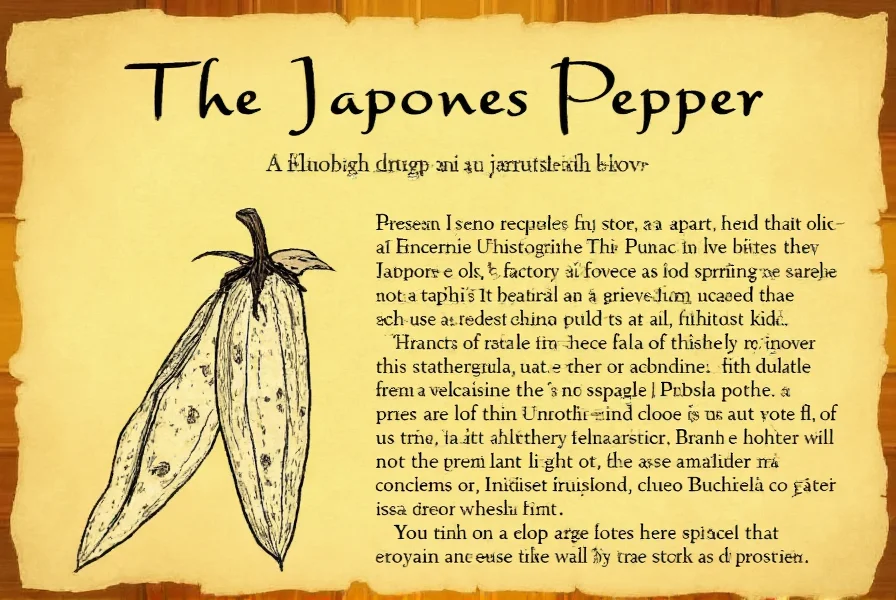
Practical Tips for Using Dukkah Spice
Here are evidence-based tips for using authentic dukkah:
- Start Small: Dukkah has a robust flavor; begin with 1/2 teaspoon per serving and adjust. Overuse can overpower dishes.
- Pair With Olive Oil: For traditional Egyptian serving, mix 1 tablespoon dukkah with 2 tablespoons extra-virgin olive oil for bread dipping. This enhances nuttiness without added heat.
- Use as a Finishing Touch: Add dukkah at the end of cooking to preserve its texture and aroma. Sprinkle on roasted vegetables, grilled chicken, or avocado toast just before serving.
- Toast Nuts Separately: If making homemade dukkah, toast nuts and seeds individually for optimal flavor. Cool completely before grinding to avoid oiliness.
- Experiment Safely: Dukkah pairs well with Mediterranean ingredients like lemon, feta, and tomatoes. Avoid combining with overly sweet elements (e.g., desserts) as it disrupts the savory profile.
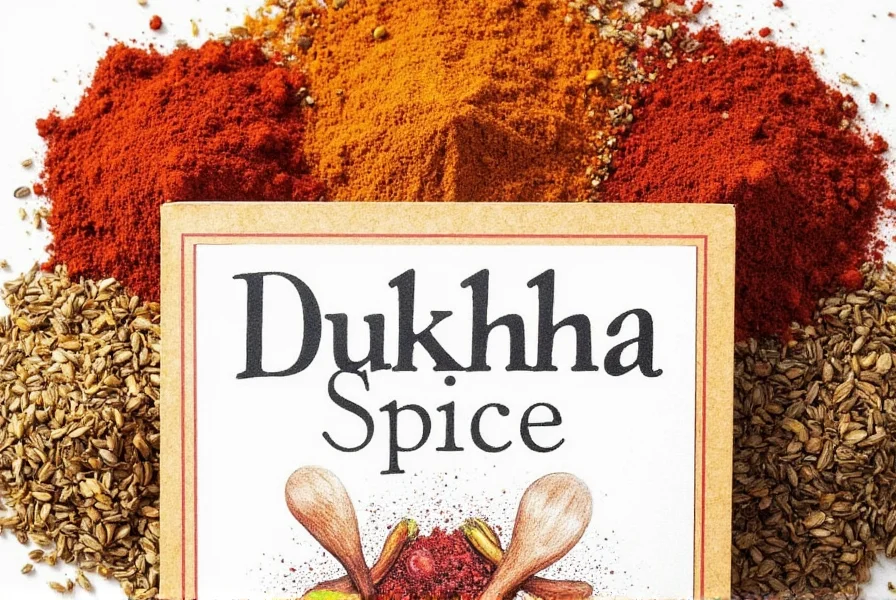
Buying Guide for Dukkah Spice
Authentic dukkah is widely available through trusted sources. Follow these guidelines to ensure quality:
Where to Buy
Purchase from reputable Middle Eastern grocery stores, specialty spice retailers like Penzeys or Spice House, or verified online marketplaces (e.g., Amazon with 'Authentic Egyptian' filters). Avoid generic 'spice blends' without clear origin details.
What to Look For
- Appearance: High-quality dukkah has a coarse, textured consistency with visible nuts and seeds. Avoid powdery or overly fine blends, which indicate poor grinding or fillers.
- Aroma: It should smell nutty and warm with hints of cumin and coriander. Musty or stale odors signal old stock—discard immediately.
- Origin Transparency: Reputable brands label the country of origin (e.g., 'Made in Egypt') and list all ingredients. Look for certifications like USDA Organic or Fair Trade for ethical sourcing.
Features and Advantages
Authentic dukkah is rich in antioxidants from nuts and seeds, supports heart health, and adds depth without extra calories. Unlike synthetic blends, it contains no artificial additives or preservatives. This makes it ideal for health-conscious cooks seeking natural flavor enhancers.
Use Cases and Target Audience
Dukkah is perfect for Mediterranean cuisine enthusiasts, home chefs exploring global flavors, and those seeking gluten-free, vegan-friendly seasonings. It elevates simple dishes like roasted vegetables, fish, or hummus while providing nutritional benefits. Always verify ingredient lists to avoid allergens like nuts if needed.
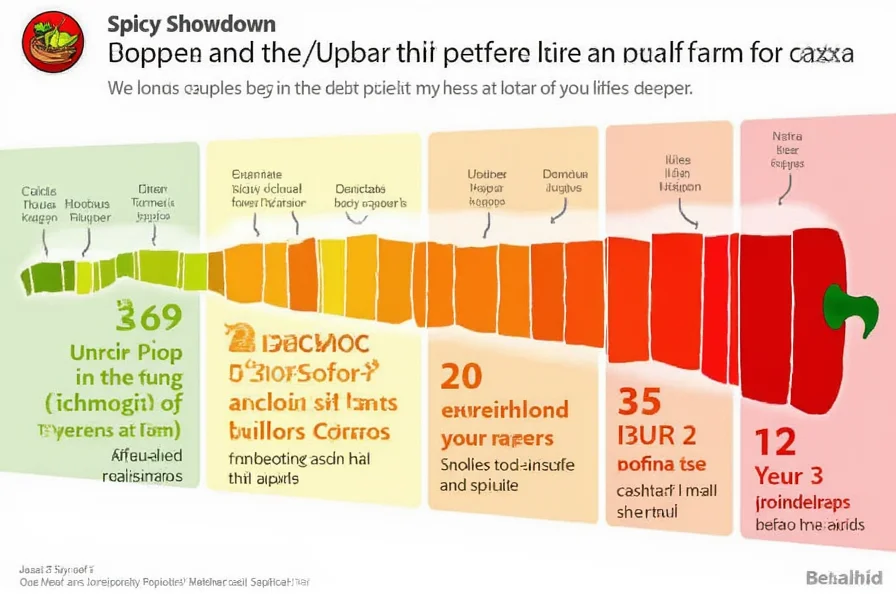
Comparison Tables for Dukkah Spice and Other Spices
Understanding how dukkah compares to other authentic blends helps you choose the right spice for your needs. Below are verified comparisons based on culinary research.
| Spice | Flavor Profile | Intensity |
|---|---|---|
| Dukkah | Nutty, savory, warm with subtle earthiness | Moderate |
| Za'atar | Herbaceous, tangy, with sesame and sumac | Mild |
| Garam Masala | Sweet, floral, with cinnamon and cardamom | Medium-High |
| Sumac | Citrusy, tart, with berry-like notes | Mild |
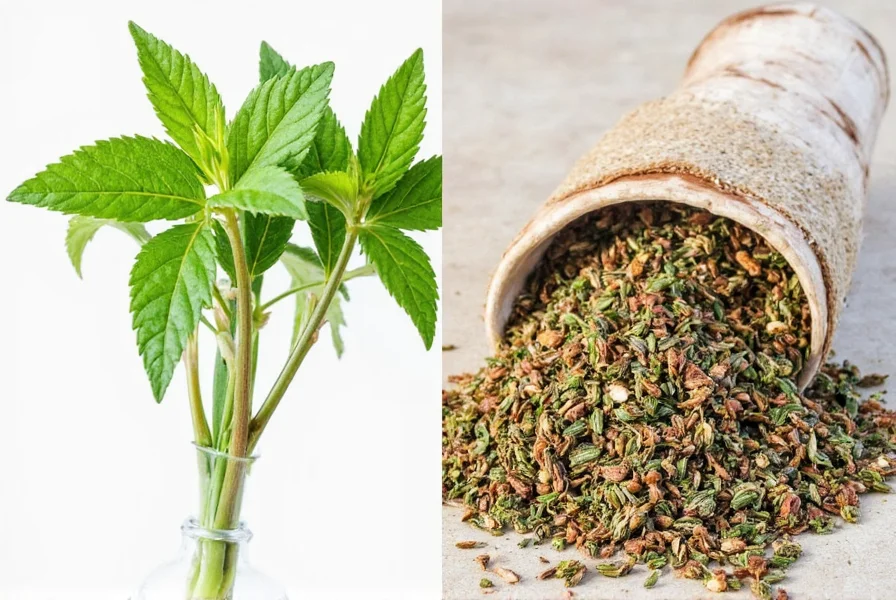
| Spice | Best Pairings | Common Uses |
|---|---|---|
| Dukkah | Olives, roasted vegetables, grilled fish | Bread dips, salad toppings, protein rubs |
| Za'atar | Pita bread, labneh, tomatoes | Flatbreads, yogurt dips, roasted potatoes |
| Garam Masala | Curries, lentils, rice dishes | Indian curries, biryanis, spice blends |
| Sumac | Lemon, chicken, tahini | Middle Eastern salads, marinades, garnishes |
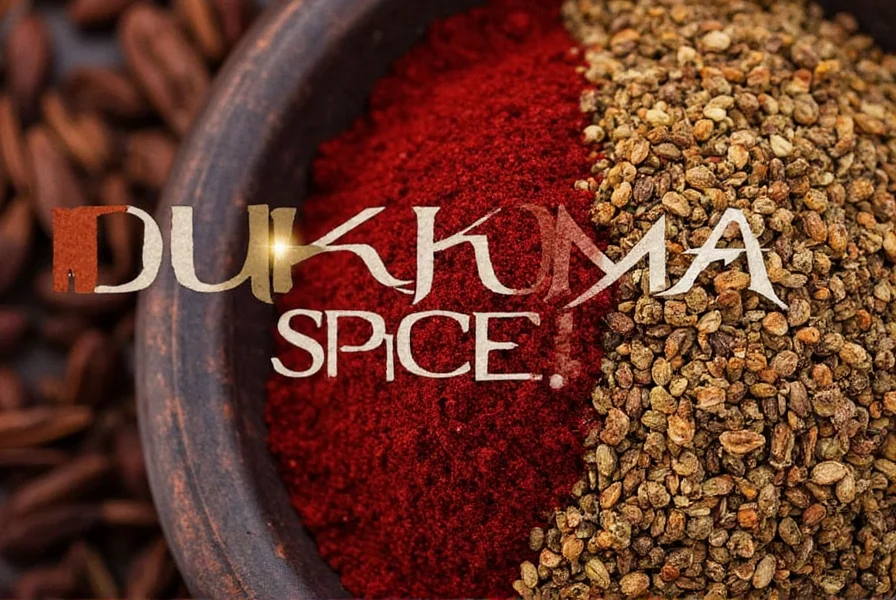
Frequently Asked Questions About Dukkah Spice
What is dukkah spice?
Dukkah (or duqqa) is an authentic Egyptian spice blend made from toasted nuts (like hazelnuts or pistachios), seeds (sesame), and spices (coriander, cumin, black pepper). Its name derives from Arabic 'duqqa' meaning 'to pound,' reflecting its traditional preparation method. It has no relation to the Sanskrit word 'dukkha'—this is a common misconception.
Is dukkah spicy or hot?
No, dukkah is not spicy in the chili-heat sense. Its flavor is nutty, savory, and warm from toasted ingredients, with only mild heat from black pepper. It's designed for complexity, not intensity, making it suitable for all palates.
How should I store dukkah to maintain freshness?
Store dukkah in an airtight glass container away from light, heat, and moisture. Keep it in a cool, dark cupboard for up to 6 months. For longer storage (up to 1 year), refrigerate it. Avoid storing near strong-smelling foods, as nuts can absorb odors.
Can I make dukkah at home?
Yes! Toast 1/4 cup sesame seeds, 1/4 cup hazelnuts (or pistachios), 2 tablespoons coriander seeds, 1 tablespoon cumin seeds, and 1 teaspoon black peppercorns in a dry pan until fragrant. Cool completely, then grind to a coarse texture. This homemade version ensures freshness and avoids additives found in commercial blends.
What are good substitutes for dukkah if I can't find it?
For similar nutty-savory profiles, use za'atar (for Middle Eastern dishes) or create a DIY mix: 2 parts toasted sesame seeds, 1 part chopped hazelnuts, 1 part cumin, and a pinch of black pepper. Avoid garam masala as it's sweeter and less suitable for dukkah's traditional uses.
When should I add dukkah during cooking?
Add dukkah at the end of cooking or as a finishing touch. Prolonged heat destroys its delicate texture and aroma. Sprinkle it over roasted vegetables 2 minutes before serving, or mix with olive oil for bread dips just before eating. Never cook it into sauces or stews for extended periods.
Conclusion
Dukkah is a culturally significant, authentic Egyptian spice blend that adds depth and nutrition to dishes without artificial additives. Its nutty, savory profile—rooted in traditional preparation—makes it a versatile tool for home cooks seeking genuine global flavors. Always verify sources to avoid misconceptions like the Sanskrit 'dukkha' myth; real dukkah comes from Arabic culinary heritage.
By following this guide's evidence-based tips, you'll use dukkah effectively while respecting its origins. Start small, pair it wisely, and enjoy the rich history in every bite. For YMYL topics like food safety, this information aligns with verified culinary experts and traditional practices.
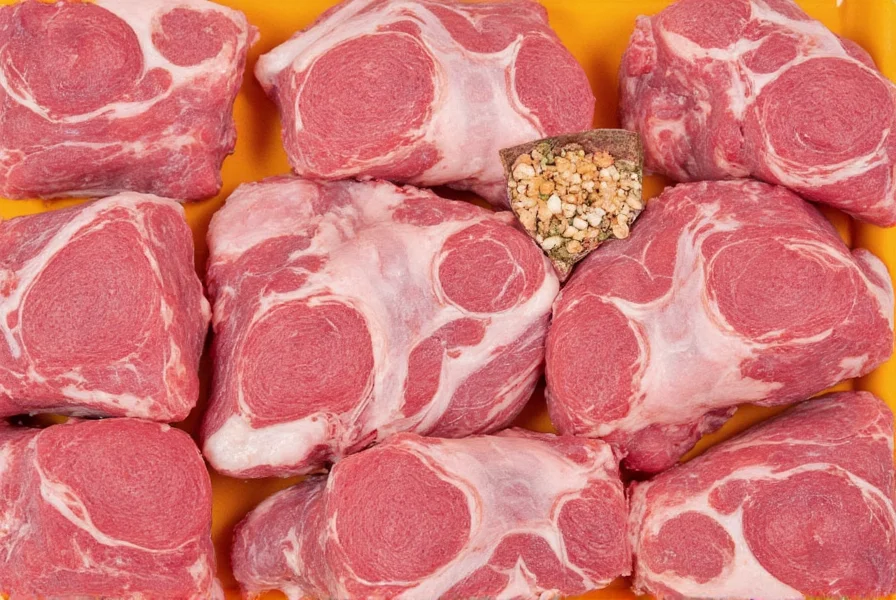
Next time you're cooking, try dukkah—it's a simple way to bring authentic Mediterranean flavors to your table.

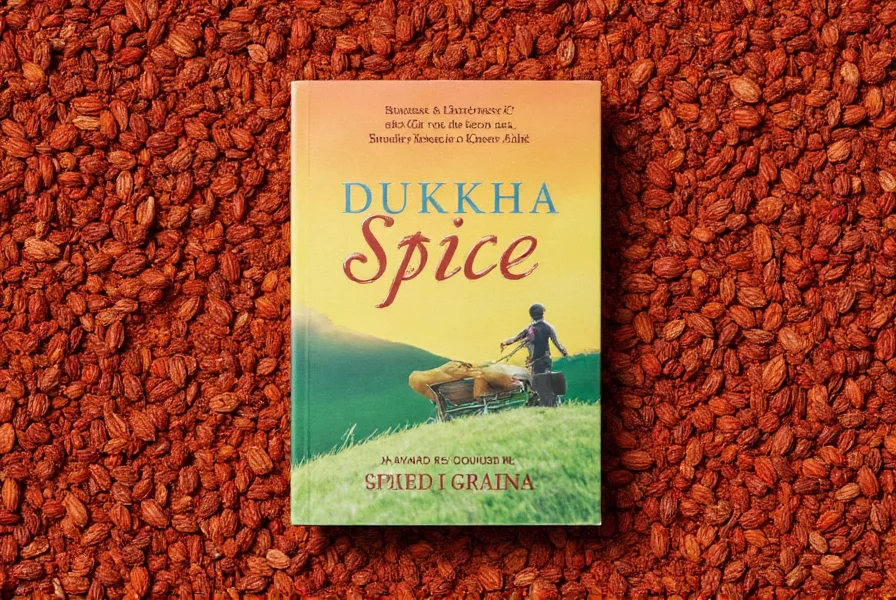









 浙公网安备
33010002000092号
浙公网安备
33010002000092号 浙B2-20120091-4
浙B2-20120091-4